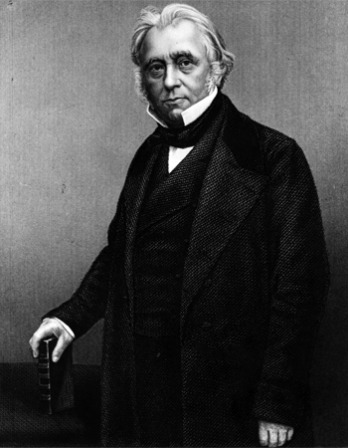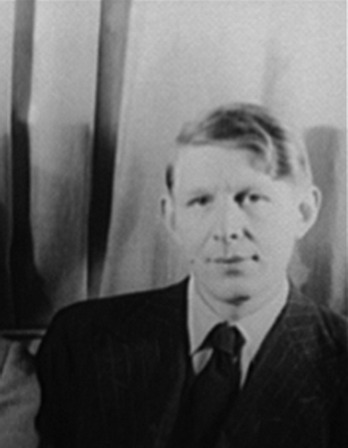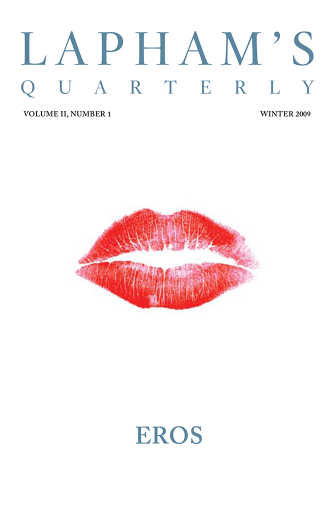O for a muse of fire, that would ascend
The brightest heaven of invention,
A kingdom for a stage, princes to act,
And monarchs to behold the swelling scene.
Then should the warlike Harry, like himself,
Assume the port of Mars, and at his heels,
Leash’d in like hounds, should famine, sword, and fire
Crouch for employment. But pardon, and gentles all,
The flat unraised spirits, that hath dared,
On this unworthy scaffold, to bring forth
So great an object. Can this cockpit hold
The vasty fields of France? Or may we cram
Within this wooden O the very casques
That did affright the air at Agincourt?
Oh, pardon: since a crooked figure may
Attest in little place a million,
And let us, ciphers to this great account,
On your imaginary forces work.
Suppose within the girdle of these walls
Are now confined two mighty monarchies,
Whose high upreared and abutting fronts
The perilous narrow ocean parts asunder.
Piece out our imperfections with your thoughts.
Into a thousand parts divide one man,
And make imaginary puissance.
Think when we talk of horses that you see them
Printing their proud hoofs i’th’receiving earth,
For ’tis your thoughts that now must deck our kings,
Carry them here and there, jumping o’er times,
Turning th’accomplishment of many years
Into an hourglass. For the which supply
Admit me Chorus to this history,
Who, Prologue-like, your humble patience pray,
Gently to hear, kindly to judge our play.
From Henry V. This play premiered at the Globe Theatre in 1599, the year of the venue’s construction, and these lines serve as prologue to the play, which is set in 1415 around the Battle of Agincourt. For his works dealing with English history, he relied upon Edward Halle’s The Union of the Two Noble and Illustre Families of Lancaster and York and Raphael Holinshed’s The Chronicles of England, Scotland, and Ireland. From 1599 to 1604 he composed Julius Caesar, Hamlet, Twelfth Night, Troilus and Cressida, Measure for Measure, and Othello.
Back to Issue



